My regular readers know that I place high value on dental care for pets, particularly diabetic pets. Any infection (including infection in a pet’s mouth) can cause insulin resistance. In general, oral disease can cause systemic health issues, bad breath (which can affect your relationship with the pet) and something clients don’t necessarily consider: pain.
My mother told me that when I was a toddler at my first dental appointment I bit my dentist. Of course, I do not remember this episode. For pets, because we vets don’t want to be bitten, dental care typically requires anesthesia. Two weeks ago I examined a 16 year old cat with 4 or 5 clearly abscessed teeth and an owner who was afraid of anesthetizing the pet. I can’t deny that the anesthetic risk goes up in senior patients, but minimally so! It may alter our typical anesthetic drug choices, but age is not a road block to anesthesia. This cat’s lab work was good, and his heart sounded fine. Really, he was a rock star for a 16 yr old kitty. Nonetheless, the owner wants to keep him on constant antibiotics instead of anesthetizing him to remove the painful rotten teeth that are resulting in inflammation and sinusitis.
Over the years I’ve lost count of the times I’ve heard, “When I grew up our pets never needed dental care.” Frankly, they probably did, but it wasn’t likely addressed. Pets didn’t live as long as they do today, and vets didn’t aggressively advocate good oral hygiene as they do these days. A lot has changed in veterinary medicine since the James Herriot days. Then there is my favorite: “Doc told me he’s too old for anesthesia.” Just because a pet is old doesn’t mean it needs to live with inflammation and pain. Just in the last 2 decades anesthetic drugs and medicine have come a long way. When I’m a senior I sure hope that I’m able to have necessary dental and medical care. I hope that someone doesn’t look at me and think, “Well, that probably hurts, but she’s old… We’ll ignore it.”
Veterinarians utilize what I call “safety nets” for anesthesia. When I anesthetize a pet, I urge clients to run pre-anesthetic blood work to make sure we are not missing an underlying metabolic issue. For older pets I insist upon such lab work. An IV catheter is part of anesthesia in my opinion. Should there be an issue with a slowing heart rate or dropping blood pressure during anesthesia, an IV catheter gives us instant IV access to administer drugs to remedy the situation. Trying to set an IV catheter or give IV medications without a catheter when a pet is experiencing a rocky anesthesia is much harder than simply setting the catheter before the procedure begins. Anesthetic monitoring devices (pulse oximetry, ECG, and blood pressure monitors) are now the standard of care in veterinary medicine during anesthesia.
When I anticipate an extraction, I use dental nerve blocks (local anesthesia) as soon as the pet is anesthetized. As you know from going to the dentist yourself, local anesthetics take a few minutes to kick in. While the veterinary technician is cleaning the teeth, the nerve block can take effect for my portion of the dental procedure. The pet will of course remain anesthetized, but the extraction can be performed without increasing the depth of anesthesia.
Over the years I’ve had friends or co-workers make fun of me for my good personal dental care. After a meal I go brush my teeth. I don’t mention what I’m up to but for some reason I’ve had people tease me about it. (I don’t tease them if they don’t brush their teeth… Why should they care if I take care of mine?) I look forward to my twice yearly dental cleanings. All I can say is that I’ve got a healthy mouth and I’ve spent very little in dental care because of it. The same goes for pets: Get in there and brush your pet’s teeth if you want to avoid big dental bills or have an extreme fear of anesthesia. If your dog resists your attempts at brushing, consider Greenies and CET Chews. (Unfortunately for our feline diabetic patients, Greenies are not low in carbohydrates.) Both products significantly decrease tartar build up, and most pets love them. Most importantly, deal with a pet’s oral issues as they come along. Don’t wait until there a pet stops eating or has oral swelling or pus to address tartar. Be proactive. It’s better for your pet’s health and for your pocketbook.
NOTE: Consult your Veterinarian first to make sure my recommendations fit your special health needs.
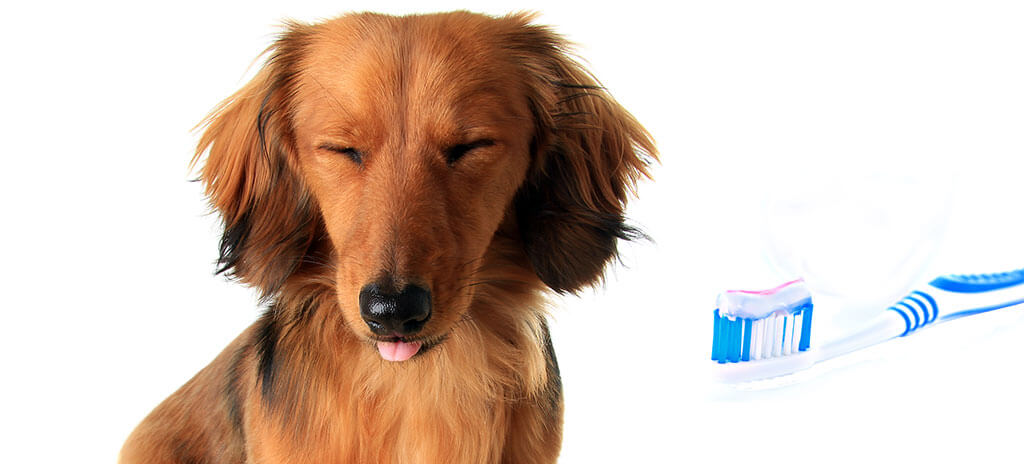
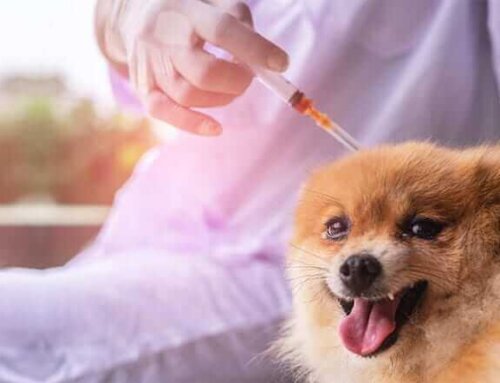

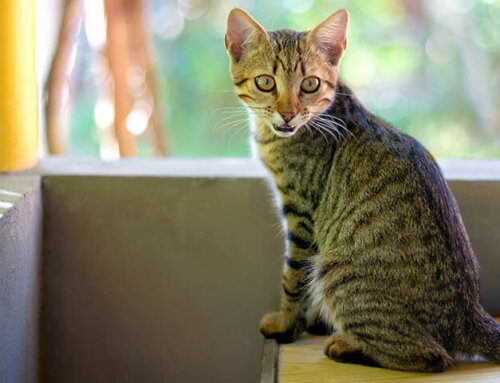
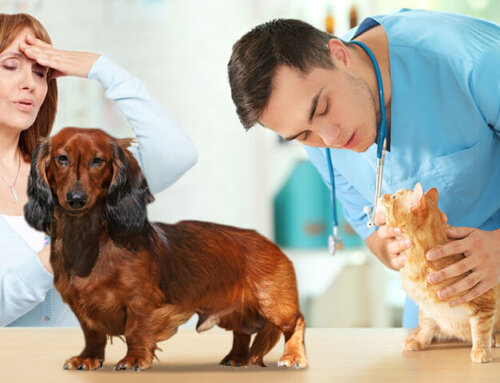
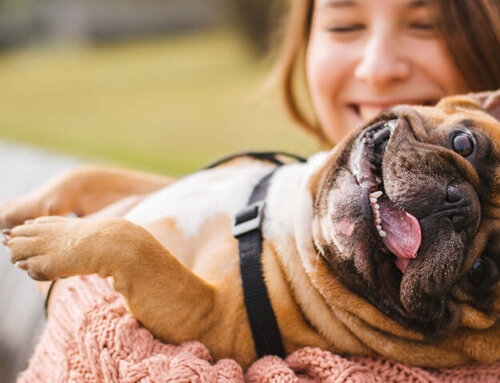
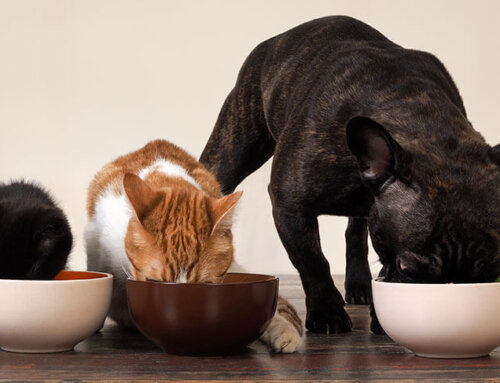
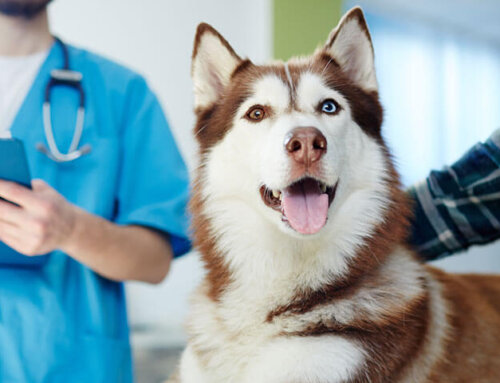
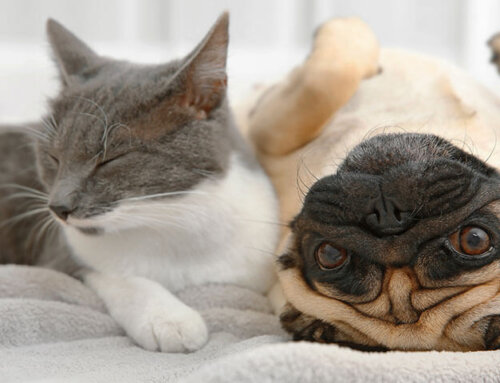
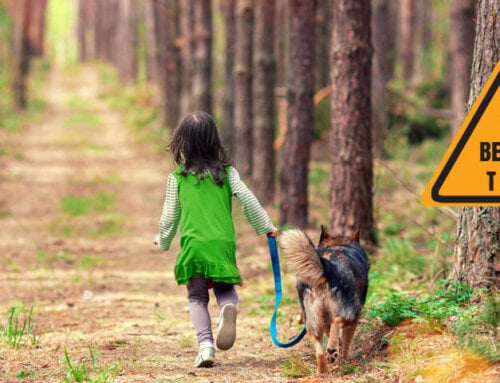
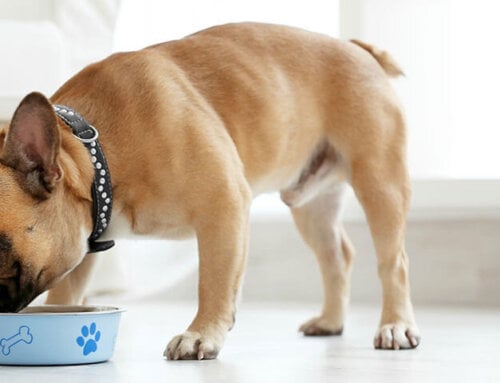
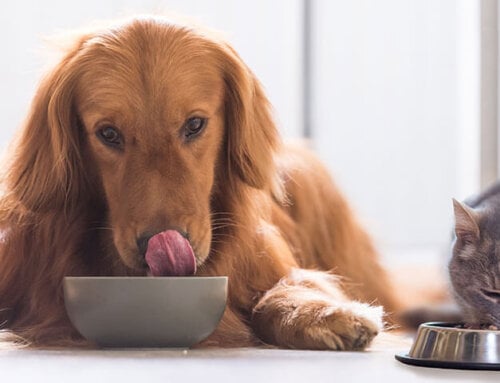

I have a 17 yr 4mo old IG whom is still extremely active, vocal, walks, runs, jumps… He is a diabetic, has a liver mass, thyroid issues, blind, two moderate leaking heart valves (not enlarged or on meds) but because of all of these issues he is not a anesthesia or surgery candidate.
He screams if you clean his ears, screams if you brush his teeth. He won’t let me use a water pik. He does not chew on greenies or cet chews.
He is quite a medical challenge and amazes all of his many specialists.
I worry about his dental hygiene a lot. He is on pulse therapy because of the above. Because of his medical issues we don’t dare put him under as he would likely die on the table. Do you have any advice to add to the pot?
Years ago in a similar situation my vet sedated my elderly pet enough he wasn’t asleep, but the vet could somewhat clean his teeth. He said the pet was cooperative and the teeth looked like they had been cleaned as usual. Might mention to your vet and see if he/she would be interested.
There are times I envy human dentists and human doctors as their patients are much more cooperative than our pet patients can be. Anesthesia can be dicey for senior pets if there is significant heart disease. Some vets are simply anxious about anesthetic in elderly pets. Have you gotten a 2nd opinion?